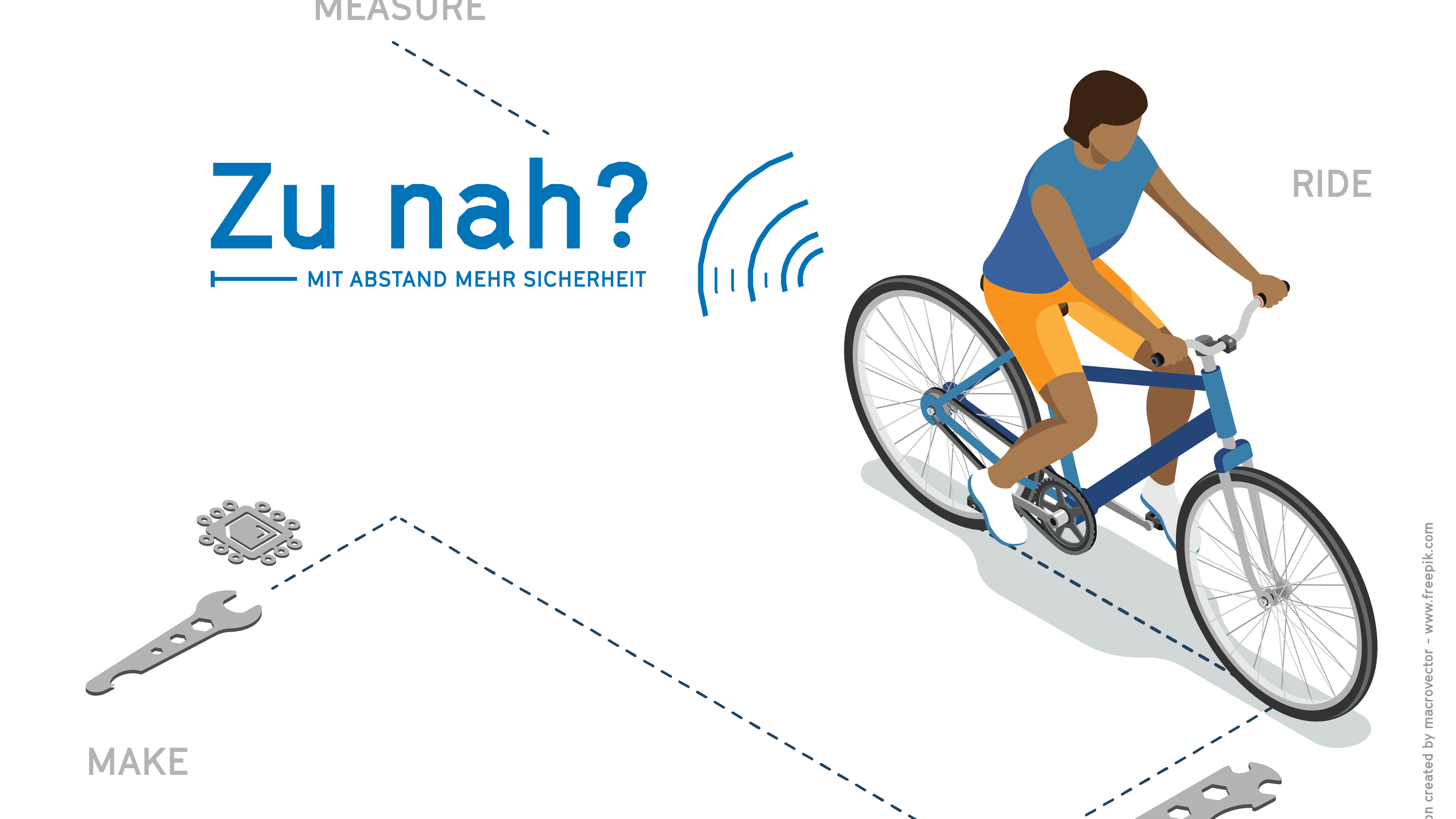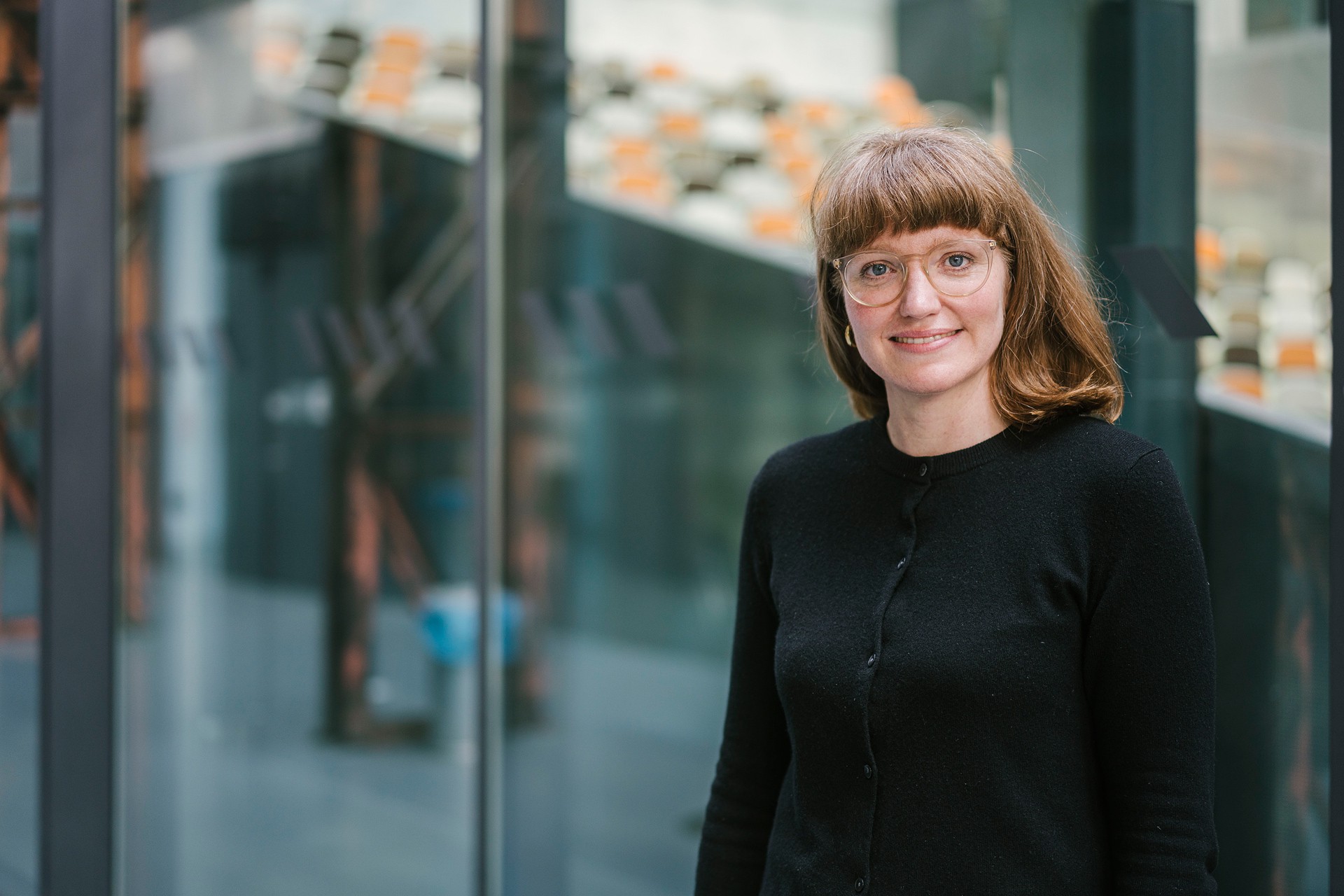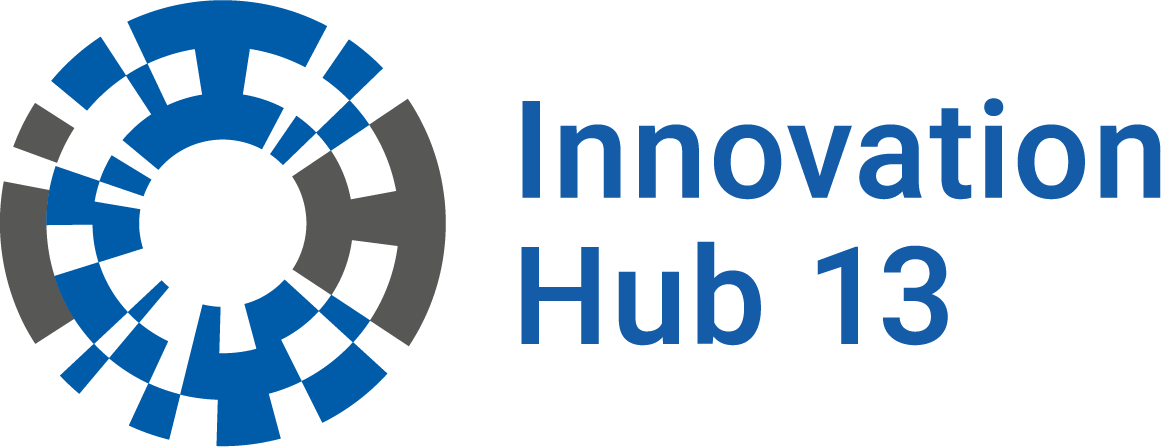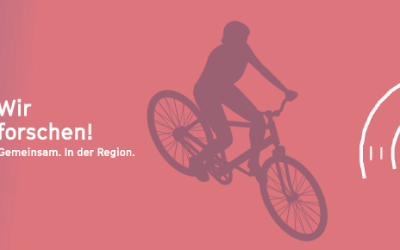Innovation Hub 13 – Citizen Science:
We research! Together. In the region.
Wie lässt sich gesellschaftliche Teilhabe an Wissenschaft und Forschung organisieren und gestalten? Und wie lässt sich das (Alltags-)Wissen der Bürger:innen gewinnbringend in den Forschungsprozess integrieren? Anworten auf diese Fragen bietet das wissenschaftliche Teilgebiet Citizen Science.
„Citizen Science“ (Bürger:innenwissenschaft) ist das gemeinsame Forschen von Wissenschaftler:innen und Personen, die nicht in der Forschung arbeiten. Citizen Science hat das Ziel, Bürger:innen in die verschiedenen Phasen eines Forschungsprojektes miteinzubeziehen. Dabei kann die Zusammenarbeit von Wissenschaft und Öffentlichlichkeit über die gemeinsame Entwicklung der Forschungsfrage und des Forschungsdesigns, über die Datenerhebung und -sammlung bis hin zur kollaborativen Auswertung und Interpretation reichen.
P R O J E C T S

To close?
Get to know more →
Explain your city to us!
Get to know more →
Why is social participation in science and research relevant and necessary?
Our current challenges are complex and diverse: Climate change and the resulting consequences can’t be grasped with only statistic analyses such as air or soil samples. It rather needs different perspectives and various knowledge about the daily challenges and regional interrelations to find and implement innovation. In short, innovation needs heterogeneous players. Future needs innovation.
Universities can generate these terms and conditions for a common research in a particular way. Universities and Technical Universities do have by their status, function and definition as venues of applied sciences a proximity to society and companies. Through the so-called "Third Mission," these institutions also have a distinctly formulated mission to critically cope with topics and issues of social participation, knowledge and technology transfer, science communication, regional engagement and further training. In the "Third Mission," it is implemented that the university’s activities are aimed at including third parties outside the academic field into a common discourse and, in doing so, to address, discuss and elaborate on social relevant topics and debates. Thus, the "Third Mission" turns out to be a more and more decisive factor in the competition of universities.
How can researchers and universities benefit from Citizen Science ?
What would happen if potential consumers and users could test a product already at its development stage? What would occur if potential customers already participated in issueing the problem statement and thereby ensured that the product is manufactured according to users‘ actual needs instead of not meeting the demands? That could be the possible results:
- Increase in transparency and perception of university-relevant topics in science and research
- trustbuilding through the inclusion of citizens into the research process and through insights into the methodologies and scientific approaches; not just a pure presentation of the final product
- dialogue on equal footing with researchers and scientists strengthens mutual respect and thus the relationship between university and civil society in the long run
- discussion with citizens enables the university to reflect on its individual scientific methodologies and can thus stimulate and advance current and future research
→ Citizen Science is an approach for successful, transdisciplinary research since the current complex challenges and issues can’t be solved by one single discipline. Multi-perspectivity and heterogeneous knowledge are prerequisites for modern and sustainable research.
How can citizens and civil society benefit from Citizen Science?
As a citizen and person living in the project region, did you already want to talk about your daily life, challenges and problem issues and thereby co-design the activities and research fields of the Innovation Hub 13? Or what about if you could research on and define your drinking water's quality by yourself or could independently examine your region’s soil quality by means of homebuilt sensors?
Citizen Science is an opportunity to gain access to direct, active and individual research and to become familiar with scientific methodologies and processes, approaches and experiments. Citizen Sciences offers the possibility to discover something new, raise questions and find individual answers. Citizen Science is further training with regard to social relevant topics and is also a kind of advancing and increasing one’s individual knowledge. On another level, Citizen Science also means individual and common participation in innovation and development processes. For example, your answers to the project question of "Explain your city to us!" are thus also one component in the overall structure and overall activities of Technical University of Applied Sciences Wildau - with the latter being particularly aware of its regional obligation and responsibility.
"We research! Together. In the region."
The knowledge and experiences of the people living in the region is of high value for us. The project "We research! Together. In the region." aims at implementing joint concepts of Citizen Science on-site in the region by means of the existing expertise and interests of regional citizens. In doing so, we strive to strengthen knowledge exchange between science and civil society.
Identifying regional issues, research questions and possible demands is an important part and the basis of our project "We research! Together. In the region.". To detect regional relevant issues, it is thus highly essential that we take into account your knowledge, your expertise and experiences as a citizen on-site in the region.
Through "We research! Together. In the region." the identified topics and research areas become concrete tangible regional projects. Open for public discussion, open for taking part in common and joint research and open for contributing to the larger picture. At the same time and through collaborating with scientists, all interested citizens gain insights into project-related research topics at Technical University of Applied Sciences Wildau. In doing so, "We research! Together. In the region." fosters a sustainable exchange between TH Wildau and regional citizens. This interaction is intensified in particular by the support and visibility of the regional university bureaus at Luckenwalde and Fürstenwalde.
Ansprechpartnerin

Zoe Ingram
Citizen Science
TH Wildau
C U R R E N T
Erfolgreicher Abschluss im Citizen Science-Projekt „Zu nah? – Mit Abstand mehr Sicherheit!“
Das Citizen Science-Projekt des Innovation Hub 13 „Zu nah? – Mit Abstand mehr Sicherheit!“ endete im Rahmen einer feierlichen Abschlussverantaltung. Von Mai bis Oktober sammelten rund 50 Radfahrende täglich neue Daten auf Brandenburger und Berliner...
Gemeinsam für sicheres Radfahren: TH Wildau und ADFC Brandenburg schließen Kooperationsvereinbarung
Im Citizen Science-Projekt „Zu nah? – Mit Abstand mehr Sicherheit!“ der Technischen Hochschule Wildau powered by Innovation Hub 13 haben mehr als 50 engagierte Radfahrende inzwischen über 9.000 km in Brandenburg und Berlin zurückgelegt und dabei...
Für ein sicheres Radfahren in der Zukunft – erste Sensoren erfolgreich montiert
Das Citizen Science-Projekt des Innovation Hub 13 „Zu nah? – Mit Abstand mehr Sicherheit!“ will Radfahren sicherer machen und misst dazu, ob im Straßenverkehr der Mindestüberholabstand zwischen Auto und Fahrrad eingehalten wird. Um mitzumachen...
Citizen Science: „Das Potenzial der Gesellschaft ernst nehmen und sichtbar machen“
Seit September 2020 hat der Innovation Hub 13 seine erste Mitarbeiterin im Bereich „Citizen Science“, oder auf Deutsch: Bürgerwissenschaft. Doch was steckt eigentlich hinter dem Begriff? Und warum ist es so wichtig, Wissenschaft und...
The illustrations on this page are based on work by upklyak – de.freepik.com and were edited and compiled by us.
Do you have questions, suggestions, ideas or specific projects? We are looking forward to talking to you!
Technical University of Applied Sciences Wildau
Brandenburg Technical University Cottbus-Senftenberg
The "Innovation Hub 13 - Fast Track to Transfer" of the Technical University of Wildau and the Brandenburg Technical University of Cottbus-Senftenberg is one of the 29 selected winners of the federal government funding initiative "Innovative College", equipped with funds of the Federal Ministry of Education and Research BMBF And the state of Brandenburg. Further information can be found at www.innovative-hochschule.de



